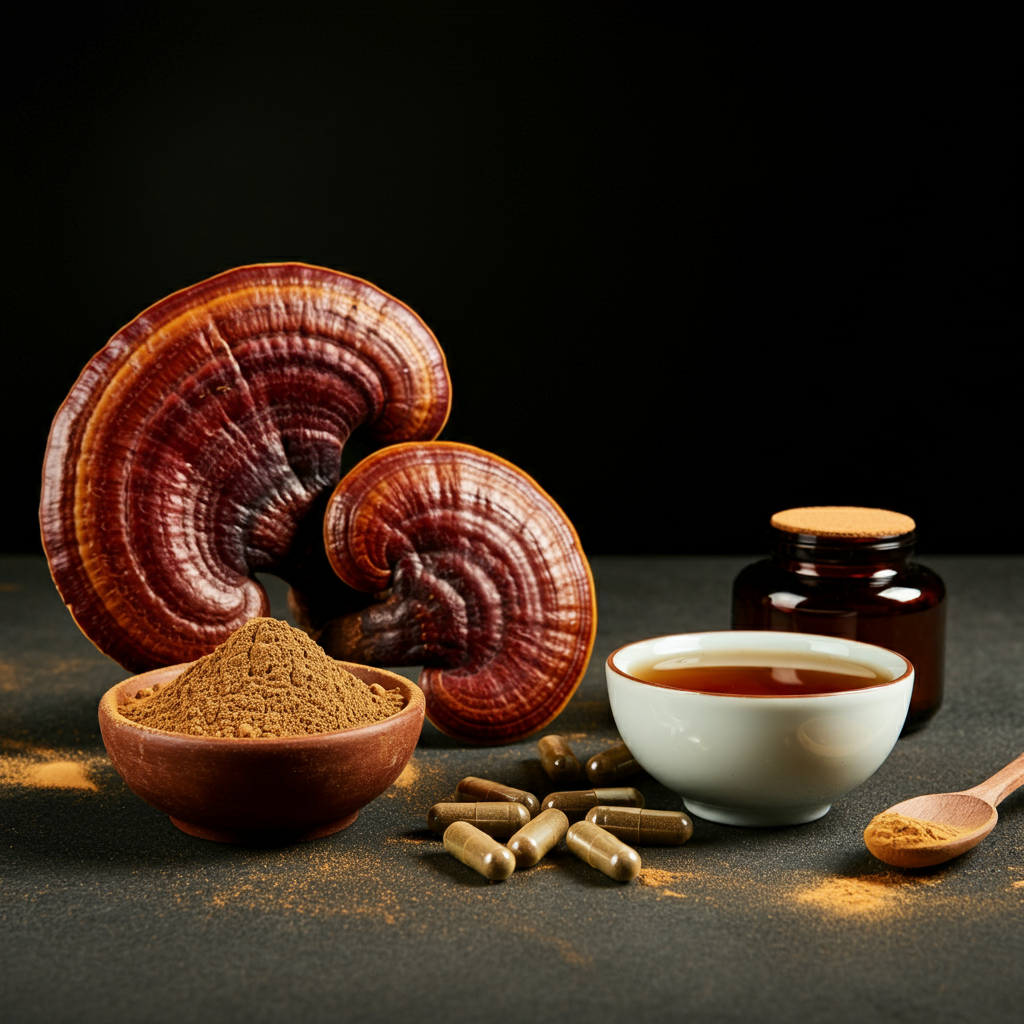Oxidative Stress Relief for Cancer-Bearing Hosts by the Protein-Bound Polysaccharide of Coriolus versicolor QUEL with SOD Mimicking Activity
Authors: Yuuki Kobayashi, Kazutoshi Kariya, Katsunori Saigenji, and Kunie Nakamura
Journal: Cancer Biotherapy
Study Design: Experimental study in rats and humans
Participants:
- Rats transplanted with Walker 256 fibrosarcoma
- 18 human patients with gastric or colon cancer
Intervention:
- Rats: Intraperitoneal administration of PS-K (50 mg/kg)
- Humans: Oral administration of PS-K (3.0 g/day)
Primary Outcomes:
- Oxidative stress (OS) levels, measured by O2- release from red blood cells (RBCs)
- Superoxide dismutase (SOD) activity in RBCs
- Plasma lipid peroxide (LPO) levels
Summary: The study investigated the ability of the protein-bound polysaccharide of Coriolus versicolor QUEL (PS-K), which has SOD-like activity, to alleviate oxidative stress in cancer. In rats with transplanted tumors, PS-K effectively reduced OS. In human cancer patients, PS-K also decreased OS and initially improved clinical scores. However, prolonged PS-K administration led to increased plasma LPO and worsened clinical status, suggesting potential adverse effects from long-term use. The study proposes that short-term PS-K administration may be beneficial in cancer treatment by reducing OS and inhibiting tumor progression. It also highlights the need to monitor OS levels during PS-K treatment and suggests combining PS-K with chemotherapy to mitigate adverse effects.

No responses yet